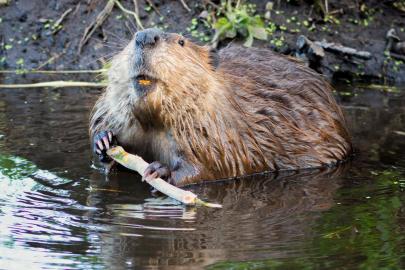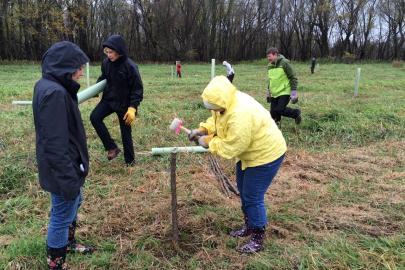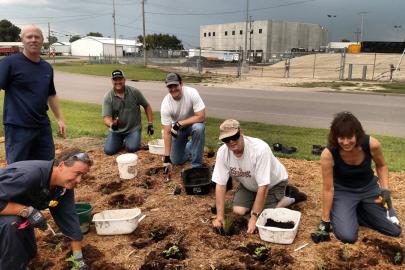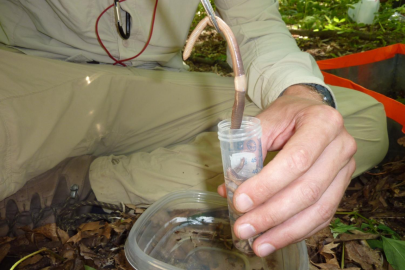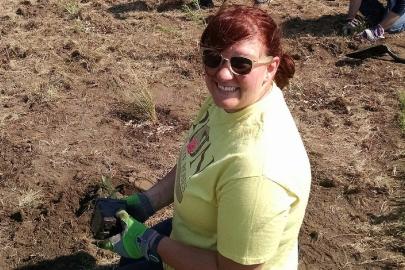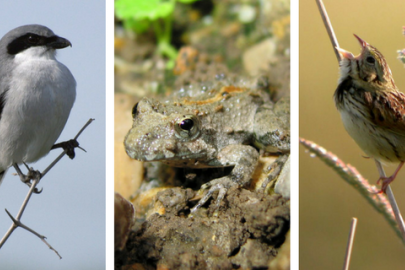Ever wonder what keeps FMR ecologists up at night? Buckthorn and crown vetch may have pretty glossy leaves or flowers, but for anyone who cares about wildlife, they're a serious threat to forest and prairie habitat in the metro river corridor.
Join FMR ecologist Alex Roth for a walk through our most common invasives: buckthorn, bush honeysuckle, garlic mustard, burdock, spotted knapweed and crown vetch. Along the way, you'll learn why they matter and how to identify and remove them in your own back yard. All in two minutes!
Thank you Tom Reiter and Will Stock for creating this wonderful video!
Read more